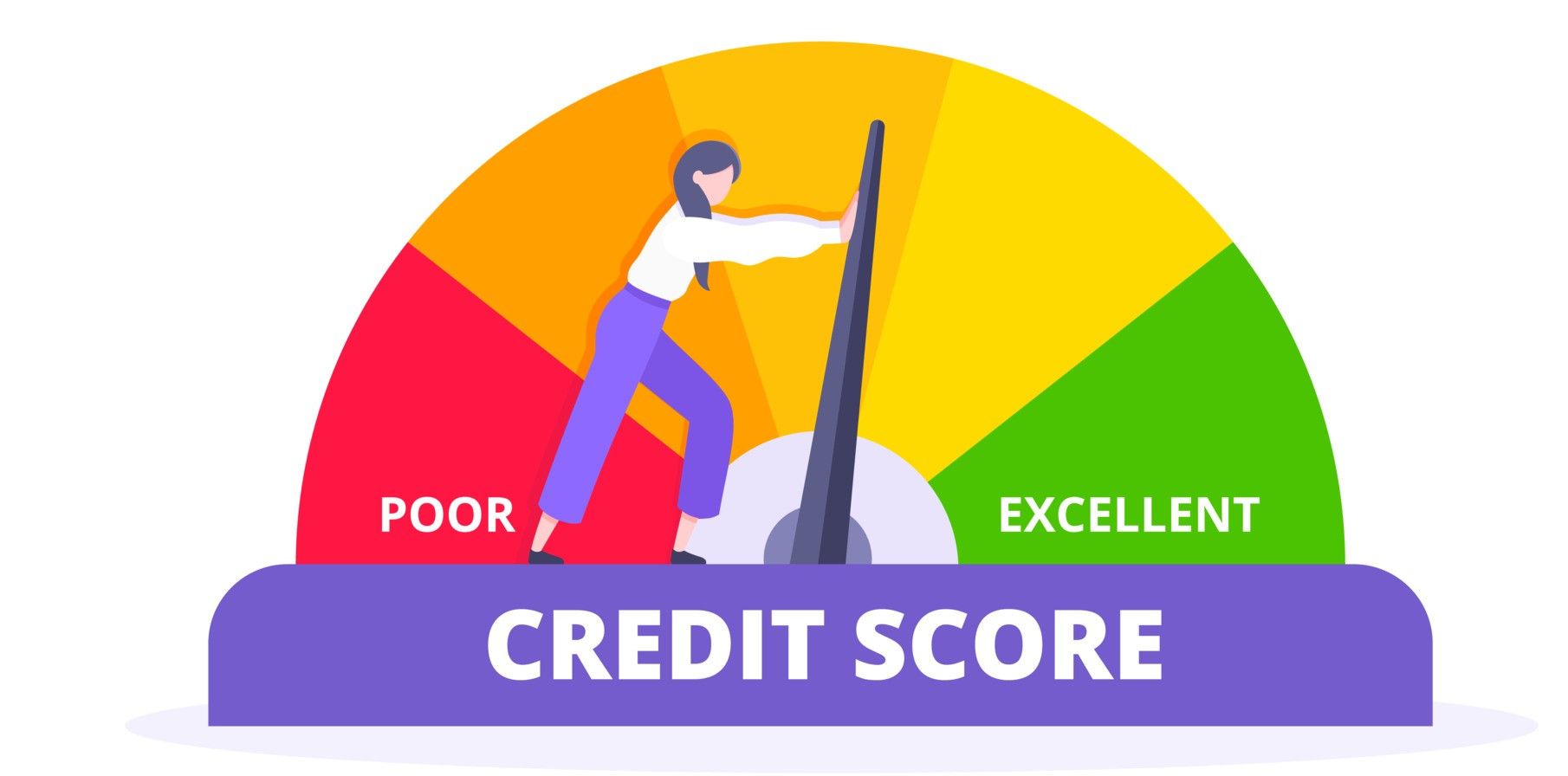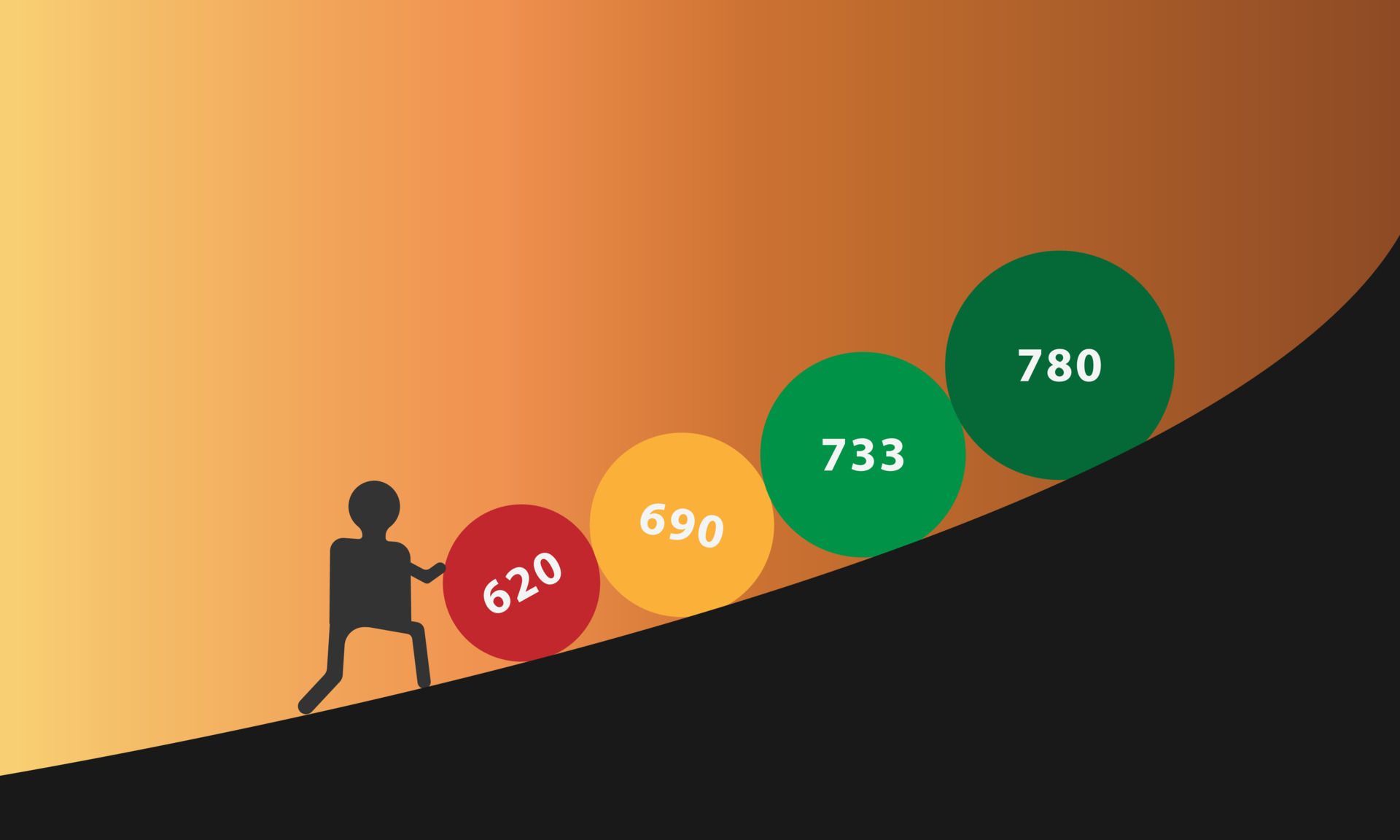Unlocking Homeownership: You Don’t Need Perfect Credit
Do you dream of buying your first home but worry that your credit history might stop you? Well, here’s some good news: you don’t need a perfect credit score to own a home! Let’s explore how you can still achieve your dream of homeownership, even if your credit isn’t perfect.

What Is Credit, and Why Does It Matter?
Before diving in, let's talk a bit about credit. Your credit score is a number that tells lenders (like banks) how trustworthy you are with money. It’s based on things like how often you pay your bills on time and how much money you owe on credit cards or loans. A high credit score means you're seen as a good bet for paying back loans, while a lower score might make lenders a bit more cautious.
1.You Have Options: Access to Multiple Lenders
Many people think that if they don’t have a perfect credit score, they won’t be able to get a mortgage. But that’s not true! As a Mortgage Broker, I work with a lot of different lenders. Some of these lenders specialize in helping people who have less-than-perfect credit scores. So, even if your credit isn’t great, there’s a good chance we can find a lender who’s willing to work with you.
2. How to Improve Your Credit
Getting a mortgage is one thing, but did you know that working with a Mortgage Broker can also help you improve your credit? Here’s how:
- Credit Report Review: I can help you look at your credit report, which is a record of your credit history. If there are any mistakes on it, we can work together to fix them.
- Advice on Credit: I’ll give you tips on how to make your credit score better over time. This might involve paying down some of your debt, making sure you’re paying bills on time, or not applying for too much new credit all at once.
Improving your credit can open up even more options for you. Over time, as your credit score gets better, you might be able to qualify for better mortgage rates or terms, which means you could pay less money over the life of your mortgage.
3. Taking Advantage of Lower Home Prices
The real estate market is constantly changing. Right now, home prices are lower than they have been in the past, which makes this a great time to buy. You might think that you need to wait until your credit is perfect to take advantage of these lower prices, but that’s not the case!
I can help you find a short-term mortgage that works for you now, even if your credit isn’t perfect. While you’re making payments on this mortgage, I’ll help you work on improving your credit. Once your credit score is better, we can look at moving your mortgage to a new lender with better terms.
This way, you can buy a home sooner, while working on improving your credit for the future.
Credit Tip: The Rule of 2
When lenders decide whether or not to grant you a mortgage, they’re looking for signs that you’re responsible with credit. One way they do this is by following what’s called the “Rule of 2.” Here’s what it means:
2 Lines of Credit: Lenders like to see that you have at least two different lines of credit (credit cards, loans or Lines of Credit).- $2,000 Minimum Credit Limit: They also want to see that you’ve been given at least $2,000 in credit to use.
- 2 years clean payments (24 months)
If you meet these criteria, you’re more likely to be seen as a good candidate for a mortgage. But don’t worry if you’re not quite there yet! I work with lenders who are willing to consider your unique situation, even if your credit isn’t perfect.

Even with Credit Challenges, There’s Hope…
What if you’ve faced bigger challenges, like a bankruptcy or a consumer proposal? It might feel like homeownership is out of reach, but that’s not true. I have connections with lenders who are willing to look beyond these issues and consider your situation.
You’re Not Alone on This Journey
You don’t need a perfect credit score to achieve homeownership. With the right guidance and support, your dream of owning a home can become a reality. As a Mortgage Broker, I’m here to help you every step of the way.
Want to Learn More?
If you’re interested in learning more about credit and how it affects your ability to get a mortgage, check out my other blog posts:
- Solving the Puzzle – 5 factors used in determining your Credit Score
- 8 Credit Rules You Need to Know, Before You Buy a Home
- 5 C’s of Credit to get a Mortgage
- 9½ Steps to Repair & Improve Your Credit
If you have any questions or need help, let’s chat. I’m here to support you in your journey to homeownership!
Kelly Hudson
Mortgage Expert
Cell: 604-312-5009
Kelly@KellyHudsonMortgages.com
www.KellyHudsonMortgages.com






